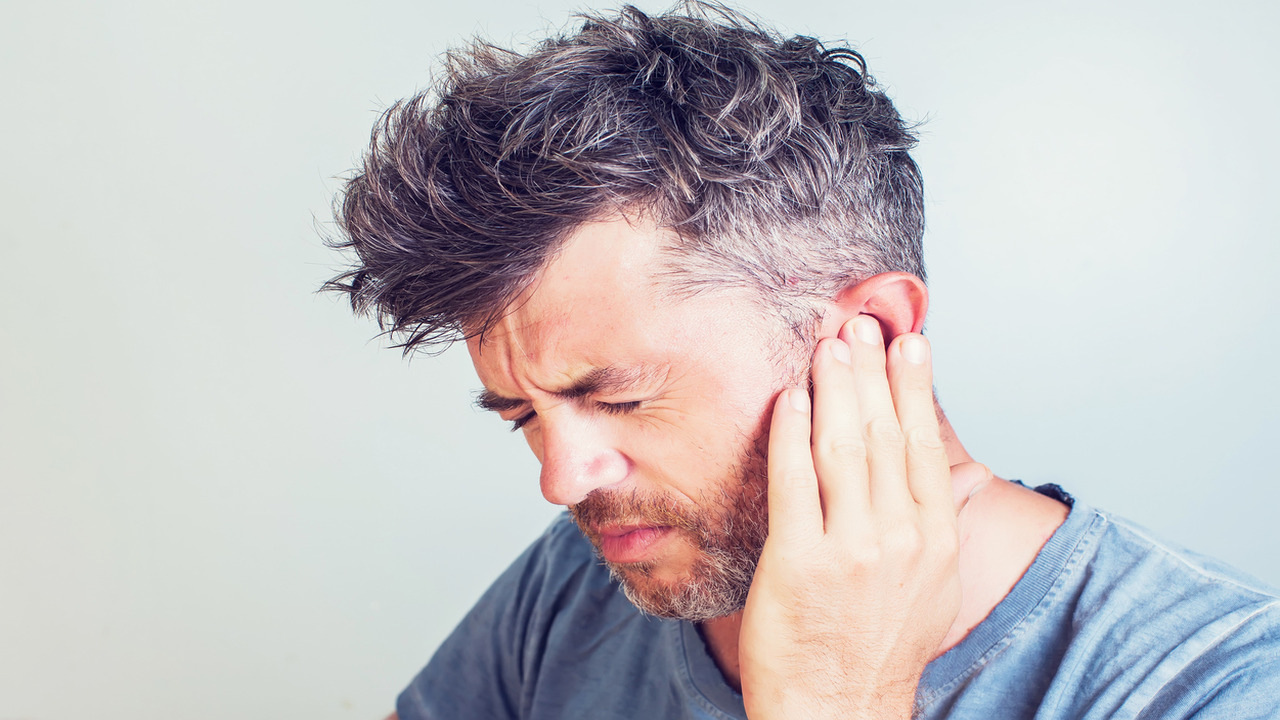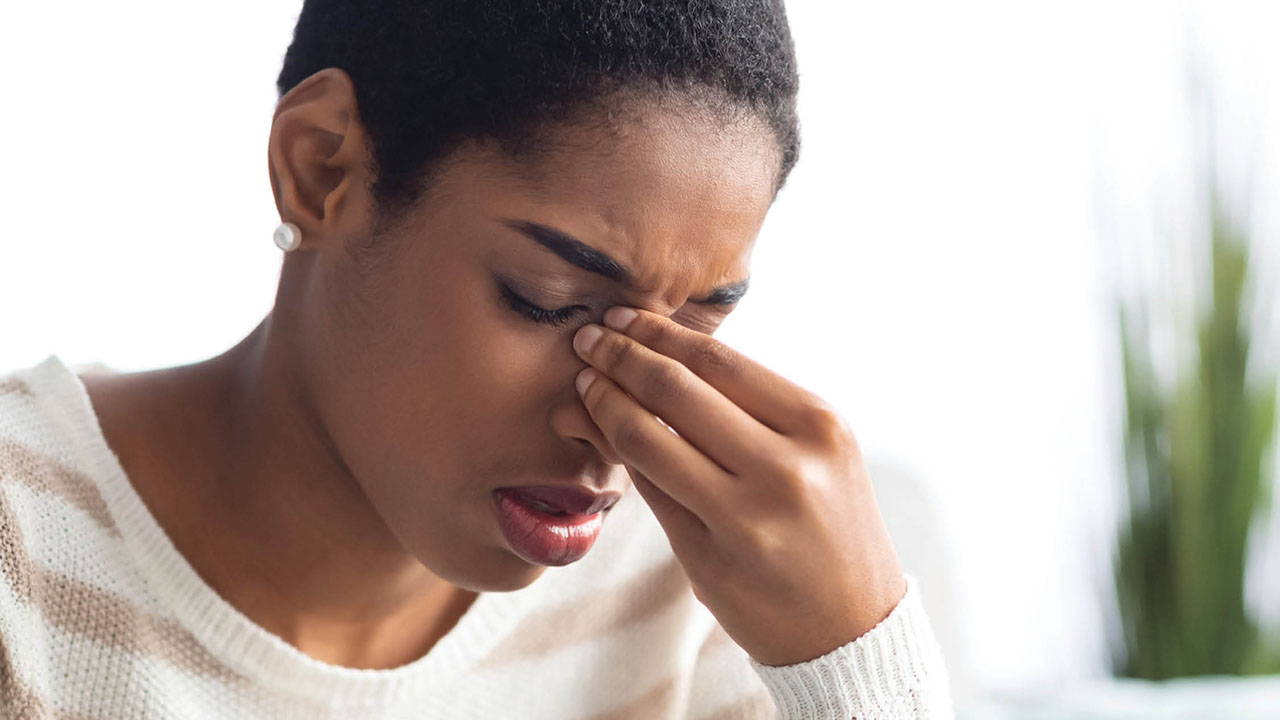.jpg?width=1280&height=720&ext=.jpg)
.jpg?width=1280&height=720&ext=.jpg)
Imagine hearing a constant ringing in your ears. One you can't get away from, no matter where you go or what you do. It’s a reality for some people who suffer from tinnitus.
Tinnitus is the ringing, buzzing, humming or roaring sounds a person hears when no outside sound is present. Tinnitus is one of the most common health conditions in the U.S. According to the U.S. Centers for Disease Control, as many as 50 million Americans experience tinnitus to some degree.
Tinnitus itself is not a disease, but can be a sign something is wrong in the auditory system. Some causes of tinnitus are:
Tinnitus can occur temporarily as our auditory system’s response to traumatic levels of noise exposure. It can also be the first sign of hearing loss. Tinnitus can be a disturbing and upsetting phenomenon, affecting a person’s sleep or stress levels.
Effectiveness of treatments for tinnitus can vary. An evaluation by an audiologist is the first place to start. An audiologist will perform a hearing test, as well as several other specialized tests, to determine your auditory function. In some cases, your audiologist may recommend a medical exam to ensure the tinnitus is not being caused by a medical condition.
A variety of tinnitus treatments are available: tinnitus maskers, biofeedback, cognitive behavior therapy, hearing aids, medication, mindfulness exercises and habituation therapy. Most people report some benefit when these therapies are used. About 65 percent of patients who use hearing aids reported a reduction in or elimination of their tinnitus while wearing the devices. To date, no medication, herbal supplements, vitamins or other homeopathic remedies have been clinically proven to alleviate tinnitus.
Some studies have shown lowering your intake of caffeine, nicotine and alcohol can help. Minimizing noise exposure and getting moderate amounts of exercise have also been found to reduce tinnitus as well. Each individual may have different triggers for tinnitus. By eliminating one thing at a time, you may be able to pinpoint foods or habits that aggravate your tinnitus.
If you have concerns about your tinnitus, make an appointment with your audiologist or visit www.ata.org (the American Tinnitus Association).
Tinnitus is the ringing, buzzing, humming or roaring sounds a person hears when no outside sound is present. Tinnitus is one of the most common health conditions in the U.S. According to the U.S. Centers for Disease Control, as many as 50 million Americans experience tinnitus to some degree.
Tinnitus itself is not a disease, but can be a sign something is wrong in the auditory system. Some causes of tinnitus are:
- Noise-induced hearing loss
- Concussion/Traumatic brain injury
- Ear/sinus infection
- Diseases of the heart or blood vessels
- Meniere’s disease
- Meningitis
- Brain tumors
- Wax impaction
- Hormonal changes in women
- Thyroid abnormalities
Tinnitus can occur temporarily as our auditory system’s response to traumatic levels of noise exposure. It can also be the first sign of hearing loss. Tinnitus can be a disturbing and upsetting phenomenon, affecting a person’s sleep or stress levels.
Effectiveness of treatments for tinnitus can vary. An evaluation by an audiologist is the first place to start. An audiologist will perform a hearing test, as well as several other specialized tests, to determine your auditory function. In some cases, your audiologist may recommend a medical exam to ensure the tinnitus is not being caused by a medical condition.
A variety of tinnitus treatments are available: tinnitus maskers, biofeedback, cognitive behavior therapy, hearing aids, medication, mindfulness exercises and habituation therapy. Most people report some benefit when these therapies are used. About 65 percent of patients who use hearing aids reported a reduction in or elimination of their tinnitus while wearing the devices. To date, no medication, herbal supplements, vitamins or other homeopathic remedies have been clinically proven to alleviate tinnitus.
Some studies have shown lowering your intake of caffeine, nicotine and alcohol can help. Minimizing noise exposure and getting moderate amounts of exercise have also been found to reduce tinnitus as well. Each individual may have different triggers for tinnitus. By eliminating one thing at a time, you may be able to pinpoint foods or habits that aggravate your tinnitus.
If you have concerns about your tinnitus, make an appointment with your audiologist or visit www.ata.org (the American Tinnitus Association).


